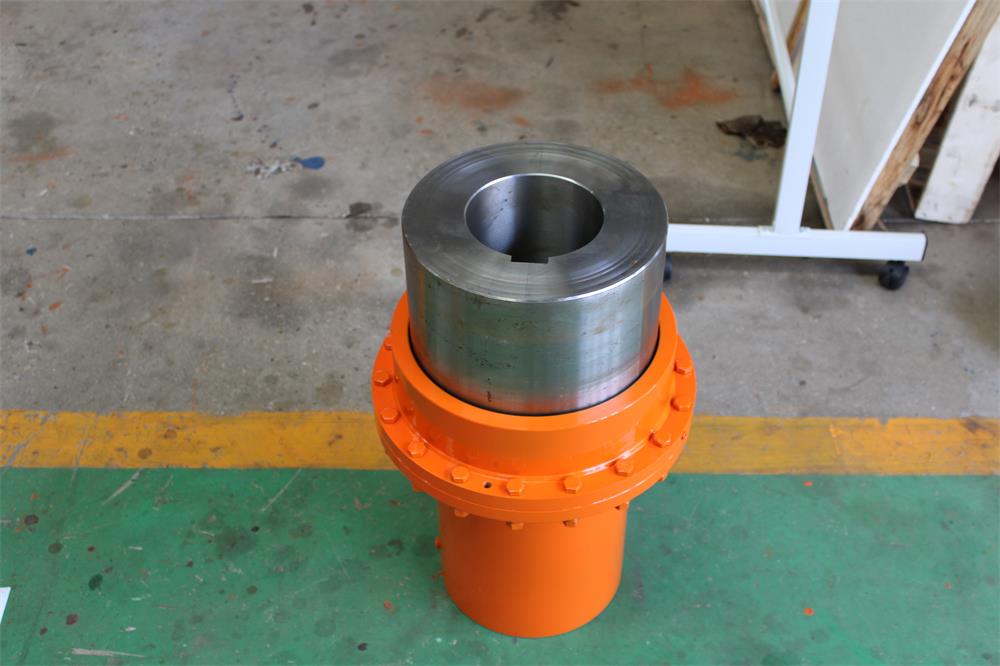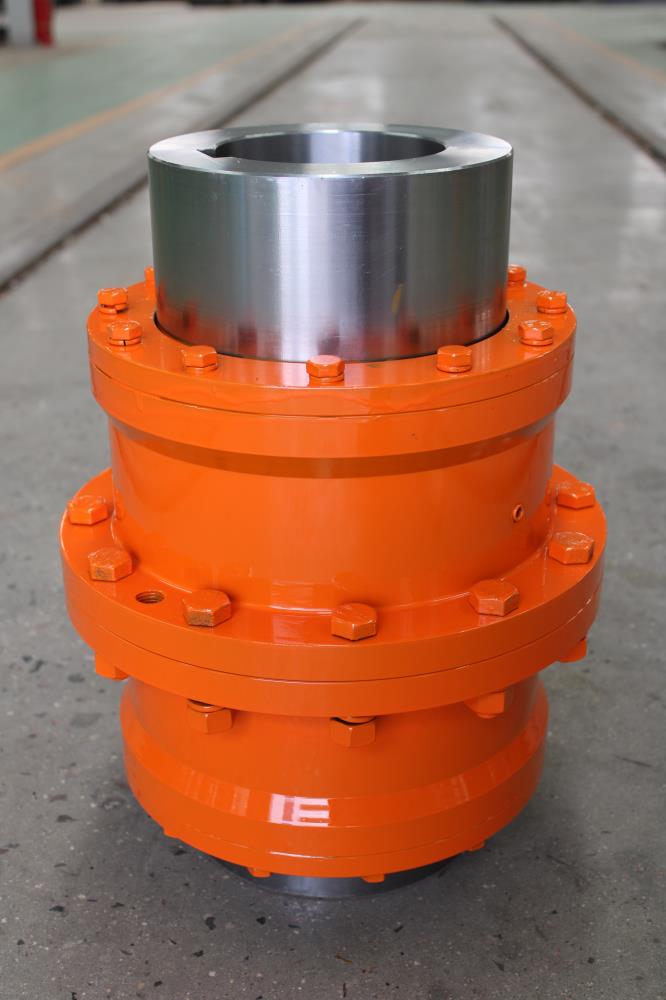Excitation caused by the change of the number of loaded rolling elements:
When a radial load is loaded on a bearing, the number of rolling elements bearing the load will change slightly during operation, causing the deviation of the load direction. The resulting vibration is unavoidable but can be mitigated by axial preloading on all rollers (not for cylindrical roller bearings).

Noise caused by working conditions:
bearing load, speed, installation and matching state directly affect the generation of bearing noise, the higher the bearing speed, the greater the load, the greater the noise generated by the bearing. In addition, relevant studies show that 50% of bearing noise is caused by poor installation.
Partial damage:
Due to operation or installation errors, a small part of the bearing raceway and rolling body may be damaged. In operation, damaged bearing parts will produce specific vibration frequency; Vibration frequency analysis can identify damaged bearing components. This principle has been applied to condition monitoring equipment to monitor bearing damage.
Accuracy of related parts:
In the case of close coordination between the bearing inner and outer rings and the bearing seat or the drive shaft, the bearing inner and outer rings may be improperly matched with the shape of the adjacent parts and deformed. If deformation occurs, vibration may occur during operation. Contaminants: If the equipment is operating in a polluted environment, impurities may enter the bearing and be rolled by the rolling body. The degree of vibration produced depends on the number, size and composition of the impurity particles being crushed. This situation does not produce the typical frequency pattern, but a disturbing noise can be heard.

Others:
The reasons for the noise of rolling bearings are more complex. One is that the inner and outer rings of bearings match the surface wear. Due to such wear, the fit relationship between bearings and shell, bearings and shaft is damaged, resulting in the axis deviated from the correct position. The shaft produces abnormal sound when moving at high speed. When the bearing is tired, the surface metal spalling will also increase the radial clearance of the bearing and produce abnormal noise. In addition, insufficient bearing lubrication, the formation of dry friction, and bearing breakage will produce abnormal sound. Bearing wear, cage loose damage, will also produce abnormal sound.
Contact: Spark Wang
Phone: 86-19932127135
E-mail: admin@rongxingcoupling.com
Add: North side of Planning 4th Road, Southern Industrial New Town, Jizhou District, Hengshui City, Hebei Province, China